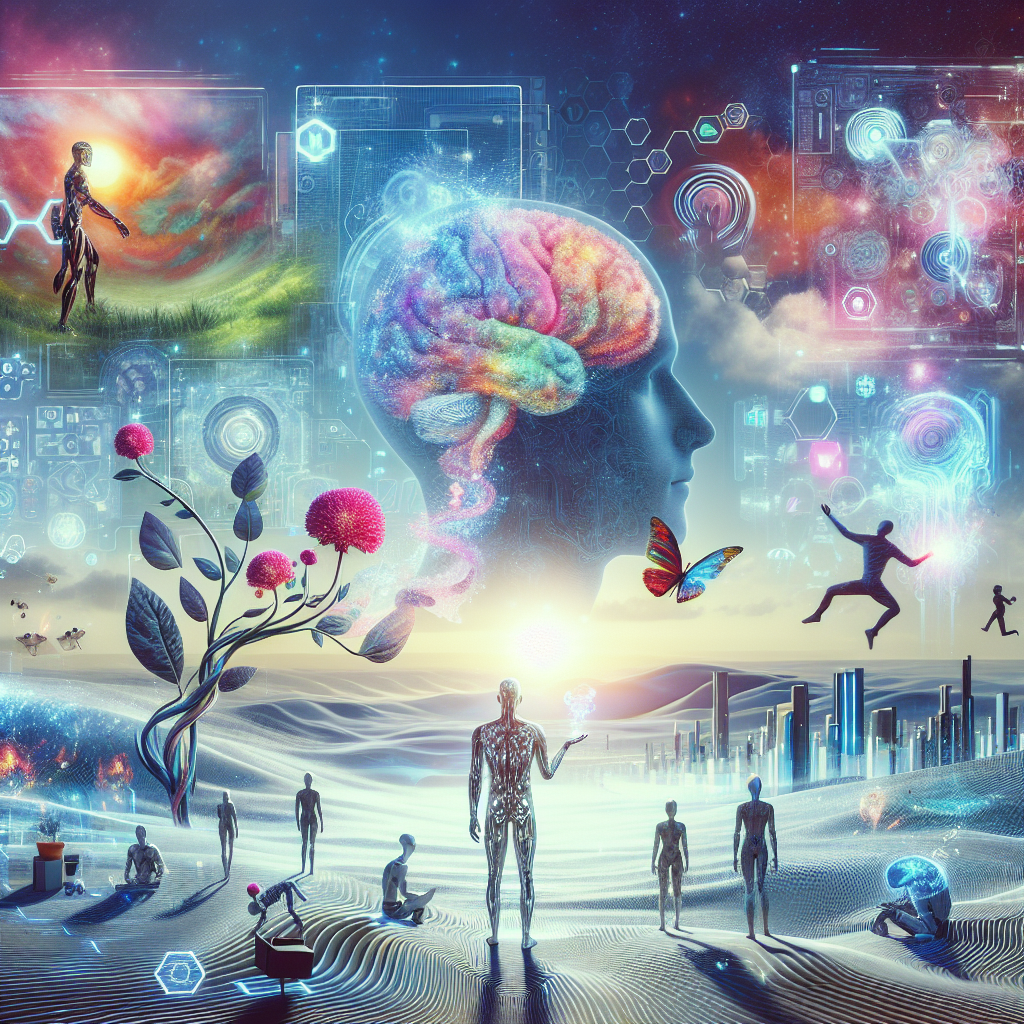Beyond Humanity: The Fascinating Intersection of Posthumanism and Our Future

As we hurtle deeper into the 21st century, where technology dramatically reshapes our daily lives, the concept of posthumanism emerges as both a beacon of hope and a source of concern. What does it mean to be human in an age when our understanding of identity, consciousness, and existence is continuously evolving? This article explores the essence of posthumanism, examining its implications for society and what it could mean for our collective future.
What is Posthumanism?
At its core, posthumanism is a philosophical movement that challenges traditional ideas of humanity. It suggests that from the rise of artificial intelligence to genetic engineering, the boundaries that once defined us as human are being blurred. While some might picture cyborgs or humans merging with machines, the concept is more nuanced. Posthumanism invites us to rethink our relationship with technology, the environment, and even other species.
Why Posthumanism Matters
Posthumanism is not merely an academic exercise; it has real-world implications. As we integrate more technology into our lives—think smartphones, virtual reality, and AI-assisted living—posthuman thought encourages us to question the ethical boundaries of these innovations. What are the consequences of using AI in decision-making roles? How do we ensure that technological advancements do not widen existing inequalities? The discussions initiated by posthumanism urge us to consider these questions thoughtfully.
The Philosophical Shift
Traditionally, humans have seen themselves as the apex of evolution—a notion that posthumanism seeks to upend. By emphasizing interconnectivity and fluid identities, posthumanism highlights the shared existence between humans, machines, and the natural world. This perspective fosters a sense of responsibility towards the environment and the technologies we create. Instead of viewing ourselves as separate or superior, we are encouraged to see humanity as part of a larger tapestry of life.
The Role of Technology in Our Transformation
Advancements in technology are at the heart of the posthumanist discourse. Technologies like AI and biotechnology can enhance or even redefine what it means to be human. For instance, biometric enhancements might lead to healthier lives, while AI could help us understand complex problems. However, our reliance on technology raises existential questions: who are we when machines outperform us in creativity and intelligence? And can we trust these advancements to serve humanity's best interests?
Embracing Diversity in the Posthuman Era
Posthumanism also advocates for a broader definition of what constitutes 'life.' As we coexist with AI and bioengineered entities, our definitions of rights, consciousness, and personhood must evolve. This invites rich discussions about inclusivity, diversity, and the ethical treatment of all forms of 'life,' challenging us to redefine social contracts in ways that extend beyond traditional humanistic values.
Conclusion: A New Chapter in Human Evolution
Posthumanism is not an endpoint but a conversation starter. As we navigate the uncertainties of our rapidly changing landscape, it offers us a lens through which to analyze our relationship with technology and each other. The core challenge lies in ensuring that as we evolve, we do so ethically and inclusively. The journey into our posthuman future offers exciting possibilities but demands careful consideration and responsibility. Embracing this perspective may ultimately determine the kind of world we create for ourselves and generations to come.